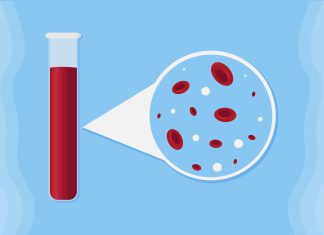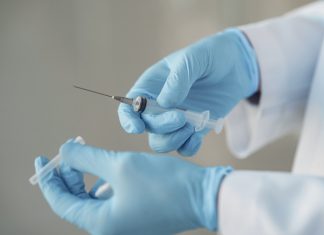Regulators plan to approve a strategy for the development and application of a Russian mRNA vaccine for the treatment of cancer in the coming months. The first patients will receive therapy with a domestic drug as early as September-October 2025, said Aleksandr Gintsburg, director of the Gamaleya Center. According to him, adjustments are possible during the development process, which may affect both the timing of the creation of the vaccine and its final cost.
“The basic strategy for the creation of the vaccine and its use already exists. This summer it must be approved by various regulatory authorities of our country in order for the first cancer patients to receive this drug in September and October,” Gintsburg said on Komsomolskaya Pravda radio.
The scientist added that over time, Russia will be able to reach a whole new level of cancer therapy, adding that more than 300 histological and phenotypic types of oncological diseases are known today. The developers are ready to adapt the vaccine to meet new challenges.
Gintsburg described a three-step program for creating a personalized mRNA vaccine. The first stage involves the development of mathematical algorithms that will form an individual mRNA blueprint based on the patient’s genetic data. This molecular template will form the basis for the future drug.
At the second stage, therapeutic mRNA will be synthesized according to the obtained schemes at the production base of the Gamaleya Center. The molecule will encode specific peptides and proteins necessary to activate the immune response in a particular patient. It will be aimed at destroying not only the primary tumor, but also metastatic foci.
Earlier it became known that a ribonucleic acid-based tuberculosis vaccine developed by scientists from the Research Center for Translational Medicine at Sirius University has passed preclinical trials. The trials demonstrated high immunogenicity and protective efficacy of the drug.




